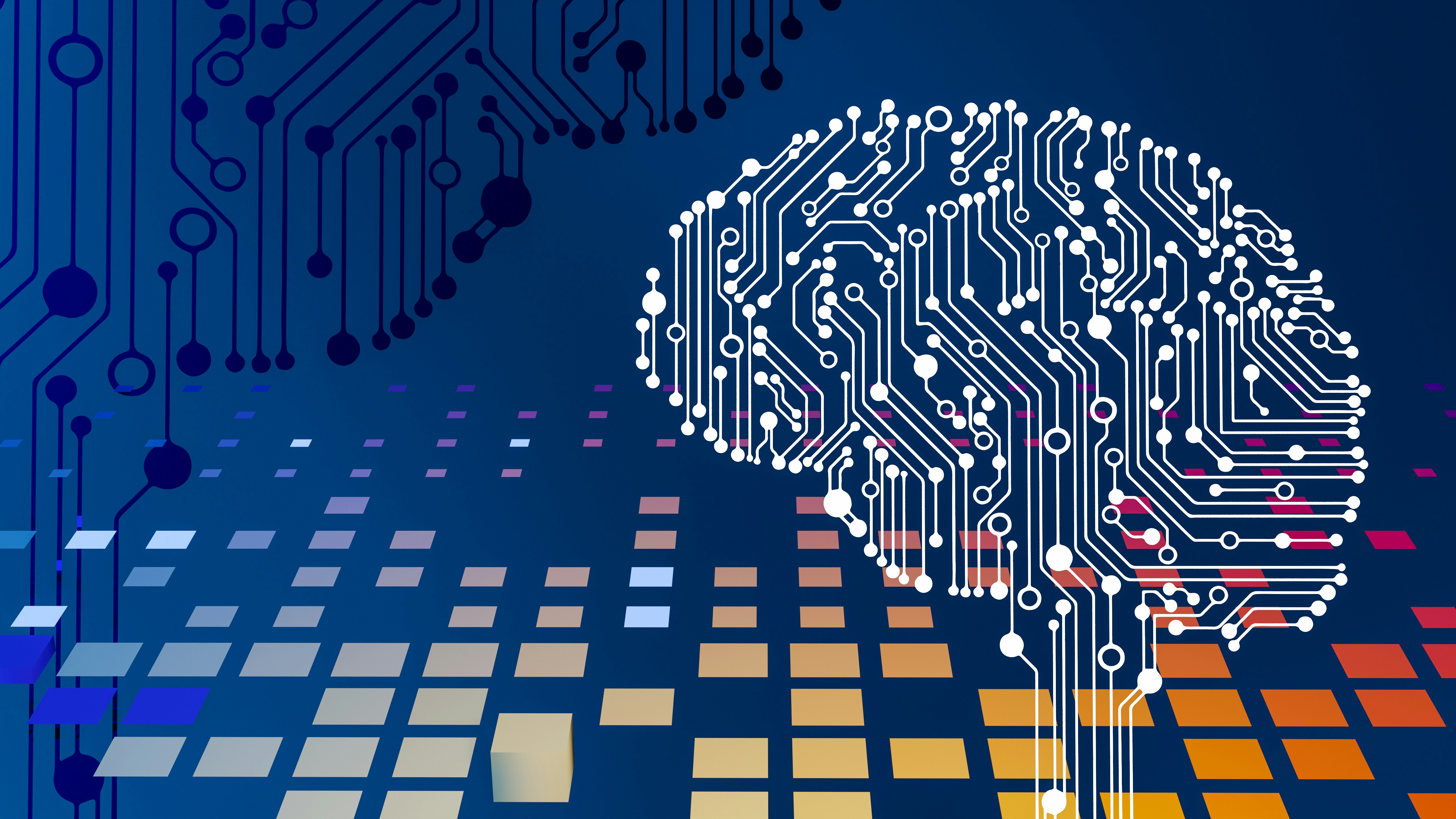Our view on AI and translation
Jan 13, 2018

Jonathan Rechtman
As seasoned professionals in the interpreting and translation field, the effect of AI, and technology in general, on our industry is without a doubt the number one question we get from clients and partners alike. “What are you going to do,” they ask, “when the machines can do your jobs for you?”
Cadence Translate has always embraced the use of tech to accomplish our primary goal: help the world talk business, anywhere. Whether it’s utilizing online machine-assisted translation platforms to increase translation speed and consistency or acquiring revolutionary simultaneous interpretation technology to better serve clients, we never shy away from the next big thing when it comes to tech.
This is why we were particularly thrilled when I was asked to participate in the recent 2017 iAsk Leaders Summit, a series of live TV debates on the future of different industries and sectors in the Chinese and world economy, from non-profit to finance to, of course, AI.
In this particular summit, debates consisted of teams of two representing two sides of a particular industry, hosted by the charismatic iAsk brand founder Gloria Ai. Teamed up with Qiao Huizhun, managing partner of a major Chinese private investment firm, I was tasked with arguing the side of “threat,” i.e. why AI posed a greater threat than help to humanity. We found ourselves pitted against two of the industry’s leaders: Zhang Xi, Executive Vice President of Microsoft’s Online Service Division, and Hu Yu, the entrepreneurial CEO of iFlyTech, well-known for their cutting-edge progress in speech-to-text recognition.
While “Team Threat” wasn’t able to claim victory over the audience polls (we narrowly lost with “Team Serve” garnering 55% of the vote), the debate itself was an enriching experience for industry newbies and experts alike. Here are my key takeaways.
Short-term Upside, Long-term Disparity
While I admit that compelling arguments existed for either side, I focused during this debate on the equitable distribution (or lack thereof) of technological resources. Here's an on-stage remark, translated into English: “I think the consensus view is that, in the very short term, i.e. 3, 10, or 15 years, AI is probably all upside. There’s going to be tremendous increases in efficiency and a lot of value that will be unlocked.
The issue I stressed was how that value’s created and how equitably it will be distributed across society; as we develop tremendous AI power, how will that power be used and concentrated? Right now, it’s in the hands of a very small minority of people, governments, corporations, and other entities.
It’s unprecedented power wielded by a very small group of people with unprecedented lack of oversight. We’re on the edge of creating something with the potential destructive power similar to nuclear weapons, and I don’t see any non-proliferation measures in place.
Machines as a Tool
There is a twinge of sadness witnessing the rise of machine translation and interpretation, but the point of interpretation is to get people to understand one another, not to hire interpreters. Speaking for our company, we’re very eager to get some of the new technologies and workflows mentioned during the debate into the hands of our interpreters to get the very best quality of translations and interpretations. Simple speech to text recognition, for example, holds huge potential for helping to support interpreters not just during note-taking, but for simultaneous interpretation (SI) as well.
Looking further down the line, it’s difficult to say whether the machines will continue to serve their current helper role or if they’ll be doing the bulk of the work with humans as the helpers, or if human support will be necessary at all. As far as we are concerned, it’s our goal to deploy these technologies to the marketplace and integrate them with human service to provide our clients with the best possible user experience available.
Be sure to check out the video with English translation of my debate on our website!
